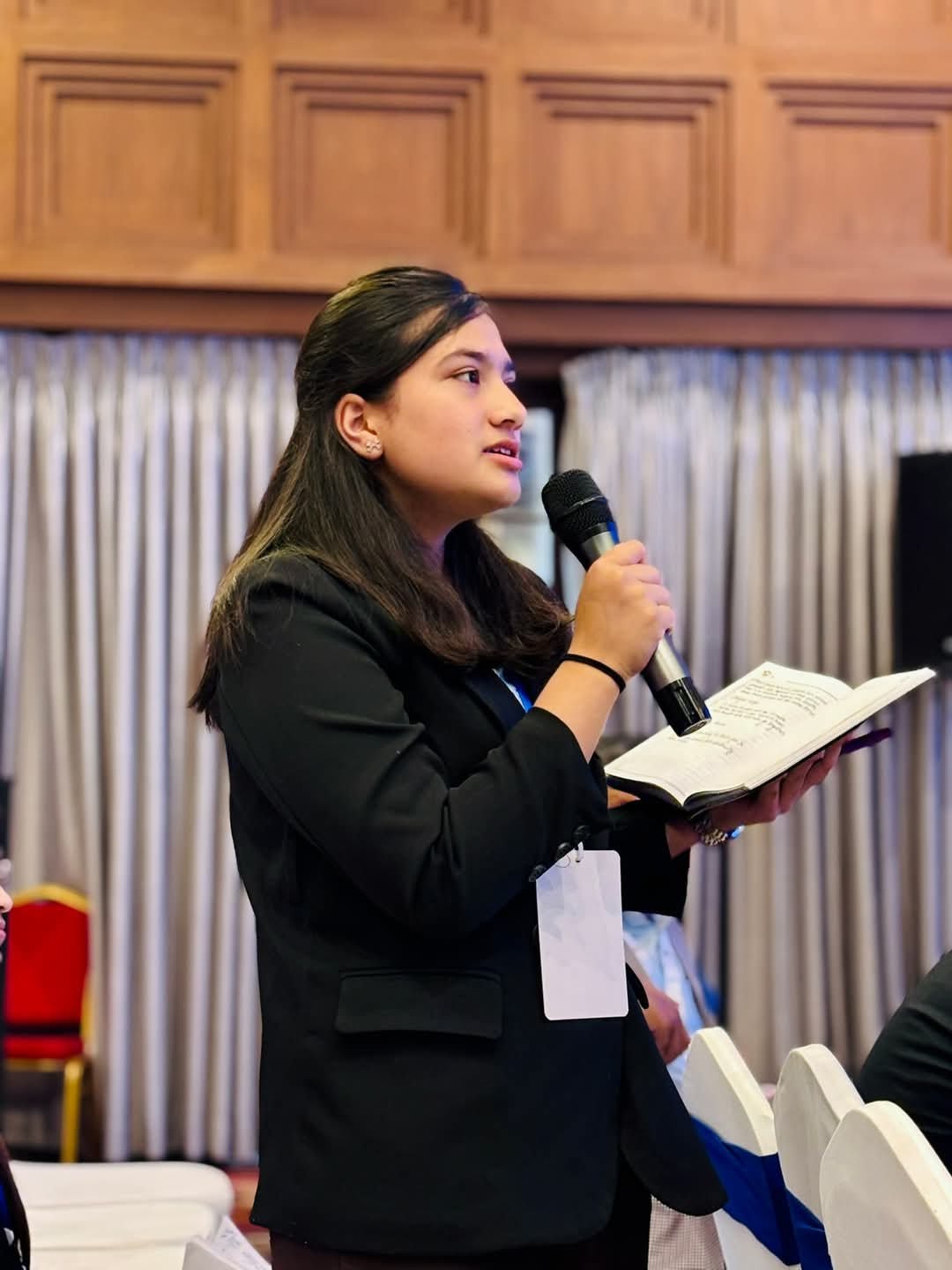Kathmandu, Nepal – The 13th session of the Sagarmatha Sambad, Nepal's premier global dialogue platform, spotlighted the critical role of youth in addressing climate change through science, technology, and innovation. Among the distinguished speakers was Prof. Dr. Bhagwan Koirala, who emphasized the transformative potential of young people in shaping sustainable futures. “Youth are the best teachers in their families — and best placed to lead this agenda,” he remarked.
The session brought together voices from diverse fields, including science, engineering, human rights, and climate movements, to deliberate on unlocking the potential of young changemakers. The resounding message was clear: climate change is not a distant threat but an immediate crisis impacting the fundamental rights of children and youth worldwide. From education to mental health, young people are disproportionately affected and yet stand as vital agents of change.
Dikchhya Baral of Nepalese Youth for Climate Action (NYCA) called for urgent reforms in climate education to ensure accessibility and practicality. “We’re trying to be part of the solution — connecting grassroots action to policy change,” she said, highlighting the importance of bridging the gap between local initiatives and national policy frameworks.
The event also amplified youth voices through questions like that of Aasna Pandey, a 10th grader, who asked how young people could contribute to scaling up clean energy in rural areas. This sparked a thought-provoking discussion on the importance of inclusion, innovation, and the need for meaningful engagement of youth in climate solutions.
Moderator Harjeet Singh from the Fossil Fuel Treaty Initiative urged immediate action, stating, “It’s not just about knowing — it’s about doing and implementing on the ground.” His call for turning knowledge into tangible results resonated with participants, underscoring the urgency of youth-driven initiatives.
UNICEF's presence at the forum reinforced the belief that young people are not merely beneficiaries of climate solutions but pivotal contributors to them. With their passion and ingenuity, youth hold the key to fostering a sustainable future.
As the climate crisis intensifies, platforms like Sagarmatha Sambad serve as critical spaces for fostering intergenerational dialogue and empowering young leaders to take the reins of climate action.